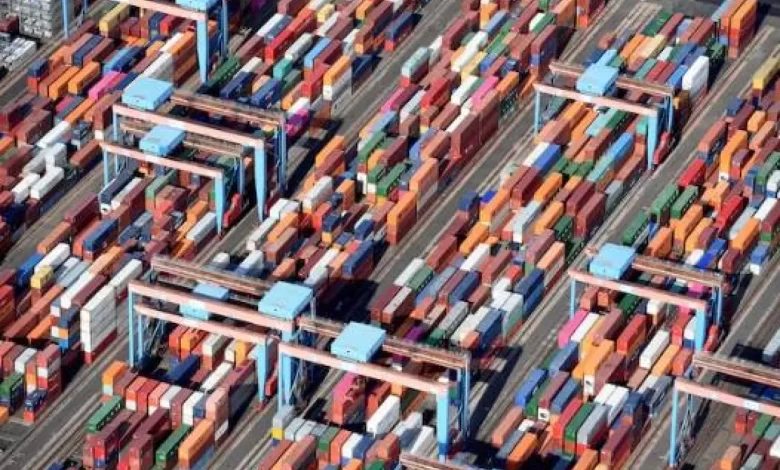The German Central Bank Warns: U.S. Tariffs Threaten Growth in the Country

The head of Germany’s central bank, Joachim Nagel, said on Monday that Germany is particularly vulnerable to U.S. tariffs, which could limit growth for years to come and hinder an economy already facing two consecutive years of contraction.
Germany, the largest economy in Europe, is facing a deep industrial recession. This is partly due to subsidized Chinese production that is competing with German products, while the economy is already burdened with high energy costs that are weighing on its competitiveness, according to Reuters.
Based on forecast models, which consider threats of tariffs from U.S. President Donald Trump, the German central bank concluded that Germany will suffer, but the United States will also take a hit that will more than offset any positive effects of trade barriers.
Nagel, in his speech, pointed out that “our strong export orientation makes us particularly vulnerable.” He added: “Economic output in 2027 will be about 1.5 percentage points lower than expected.”
The German central bank forecasts that Germany’s economy will grow by 0.2 percent this year and 0.8 percent in 2026, indicating that a 1.5 percent decline over the next three years will lead to further economic contraction.
Nagel added, “Contrary to what the U.S. government has announced, the consequences of tariffs on the United States should be negative. The loss of purchasing power and increased intermediate input costs will negate any competitive advantages that the U.S. industry may gain.”
On his part, Fabio Panetta, the head of the Italian central bank, concluded that the United States will also suffer a significant blow. Speaking over the weekend, he said that if all the tariffs Trump hinted at before the election are implemented and followed by retaliatory measures, global GDP growth would fall by 1.5 percentage points, with the U.S. economy taking a hit of up to 2 percent.
Panetta pointed out that the major risk is that Chinese companies excluded from the U.S. market may seek new markets, putting pressure on European producers.
Regarding inflation, the German central bank’s models were less definitive. One model predicted a slight impact, while another predicted a significant increase in price pressures, as retaliatory tariffs would be passed on to consumers, and the weakened euro would increase import costs, according to Nagel.



